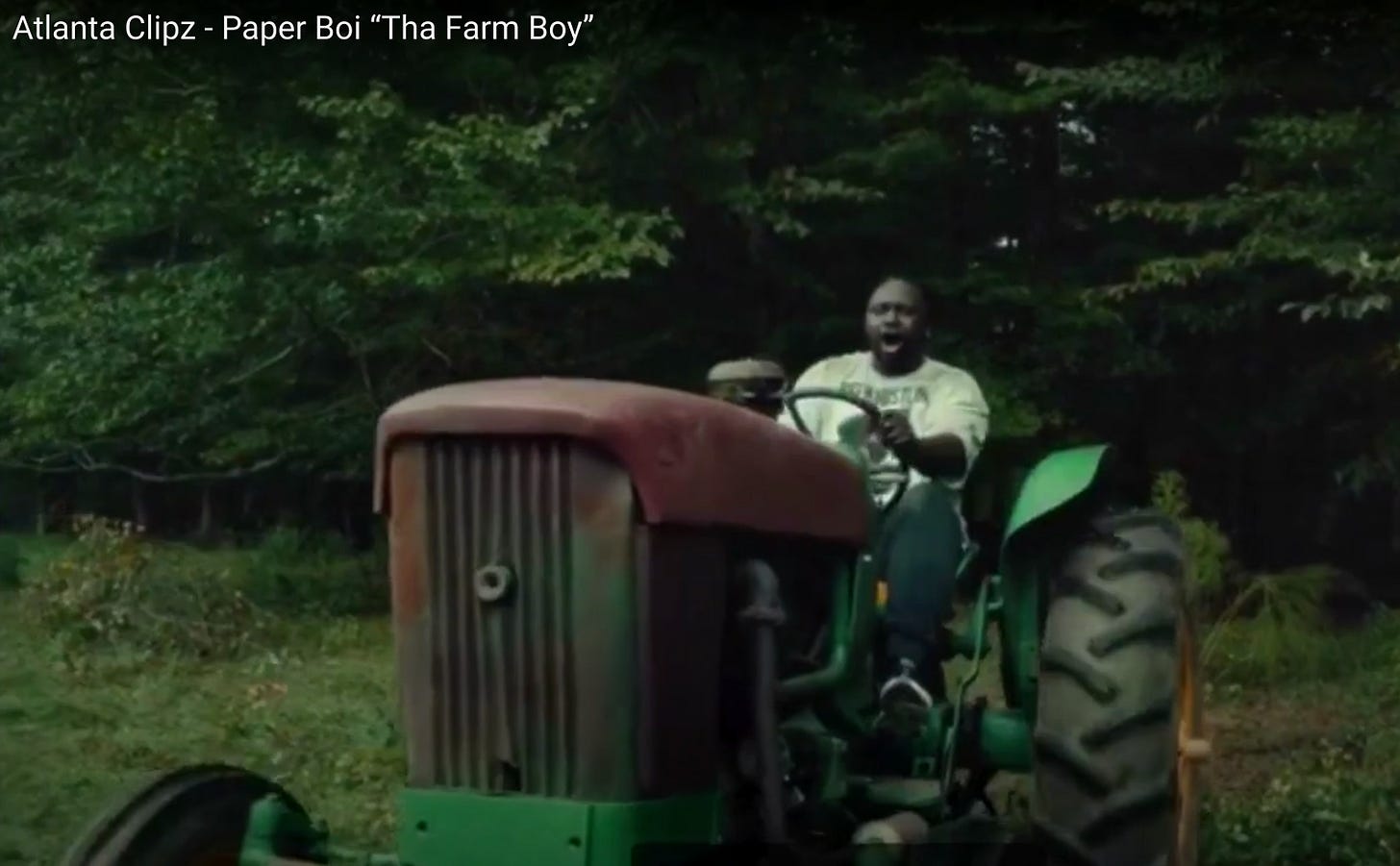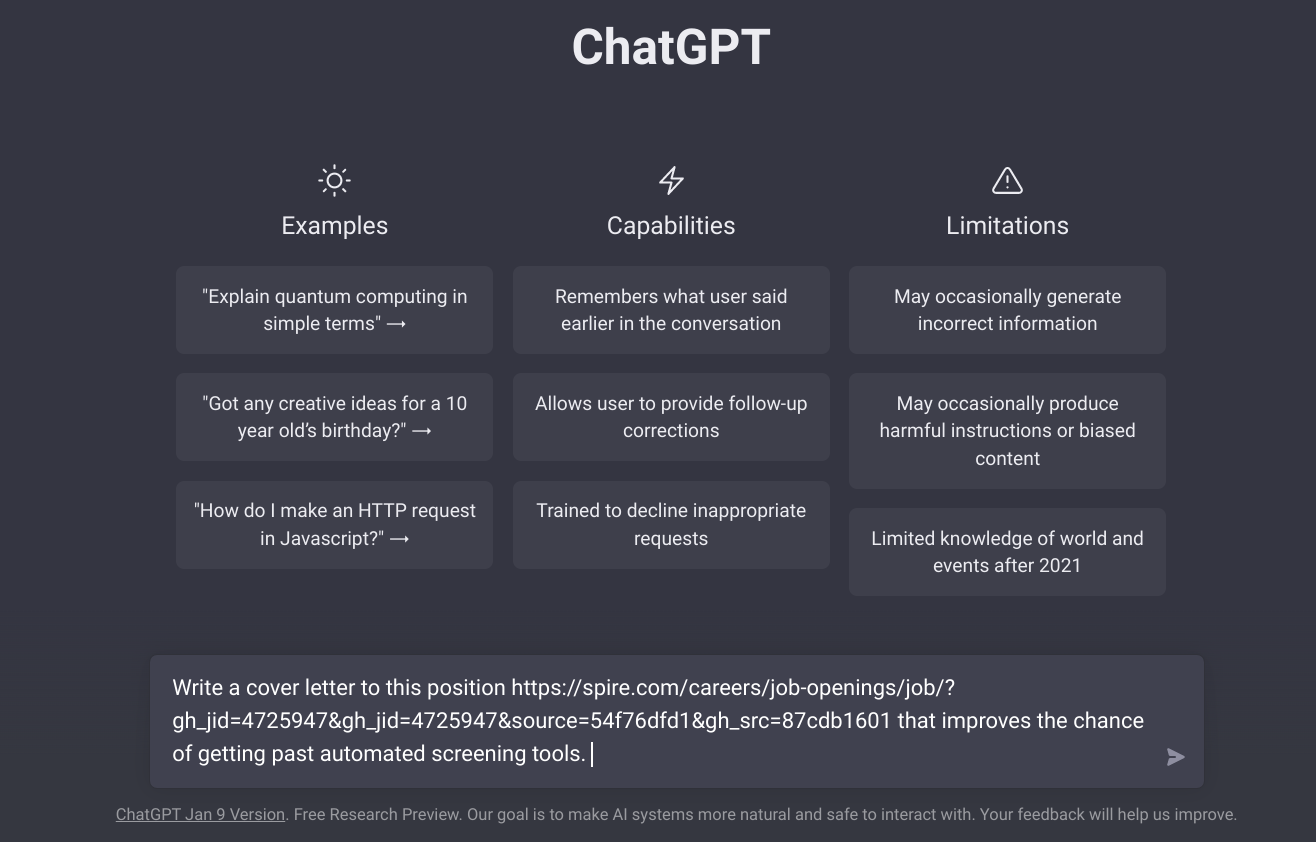Tractors are critical to farming, but unused they decay and are eventually abandoned because they become too hard to relocate. This is a metaphor of course. I loved this scene from the TV series Atlanta. The lead character is determined to hack a remote life, away from friends and family. He finds and repairs an old abandoned tractor left on his property.
When he finally gets the machine started after a several day struggle, the joy doesn’t last long. In fact, his trying to “fix things” and having them turn out unexpectedly bad is what reasonates with me. I could apply this to my own life, my own work, and my own quest for self discovery by creating a more peaceful and sustainable place out on the margins in Maine. Every choice has consequences, even choices that seem wholesome and positive, that make you “push hard” and persevere through the things you are struggling through. In the end most choices are simply about survival—or resignation.
I was laid off last August when the wave of tech layoffs had yet to crest. I have been through this before, actually, more than once. You would think I’d be used to it by now, but aging in this industry is brutal. The constant change either keeps you young or drains then kills you with the speed-induced stress of a “thank you; next” culture.
This last job felt like I’d finally achieved some form of success. Working remotely meant I could live within my means, I made a decent salary, and I was intellectually challenged. I felt just like Paper Boi on that tractor. All the hard work and perseverence, the history of oppressive managers and zombie executives, the struggle to be seen and heard as a woman in the industry over my entire career, the desire to work on something meaningful, all wrapped up in a job I could see myself doing indefintely with great co-workers and without agnst or mental anguish. When I’m teased about being a fatalist all I have to do is reflect on how recent events only confirm my bias towards disaster. No matter the sisyphean strength I employ to control, or hold onto my good fortune, I consistently backslide to a place of struggle and disappointment. As if I could see it coming every time if only I had leaned in more and not relaxed my grip.
I did not intentionally choose to jettison all social ties by removing myself to the far north woods. Although I enjoy solitude and quiet, it was a choice between a career and a life where loss and physical trauma devistated my desire to keep inserting myself into one-two-punch of rampant consumerism and crowded spaces.
When I joined the Air Force in my 20s I never imagined I’d become a recluse. I do not live remotely simply because I love the woods (although I do, and always have). I live here rather than just vacation here because as a single person it is by magnitudes more affordable than Boston. Unable to manage the mortgage of a single family home and student debt on a single salary I sold my dream house in 2019. The writing was on the wall. It was clear that although I worked among (mostly) men who averaged more than a $300k yearly salary, the way my own skills were valued I would never make enough to continue the privilege of owning a home in the Boston suburbs. Logically it was clear: leave before being forced out.
Friends couldn’t fathom why I’d just up and quit. Then they wanted to believe it was because I had planned the kind of grand adventure many of them desired. That’s partly true, it was fun broadcasting what a risk-taker I was for the optics, but the secret truth was that a huge motivation was the arrogant and inflexible manager with poor listening skills who buried my output and stepped on my enthusiasms. In hindsight, mentally and emotionally it probably would’ve been better for me to have held tight to a steady salary and healthcare before choosing life in a campervan and work as a factotum from the road. Why? Because it has always been hard to make ends meet with a liberal arts education, and pandemics change everything, everywhere, all at once, as we all know. But it was still a choice.
Listening to a Substack podcast it’s clear the writer Paul Kingsnorth shared a similar sense of disillusionment. While I don’t hold his perspectives on religion, I do agree that we are rapidly moving into an era where we are relying on machines to “save us” while simultaneously replacing human contributions with something we think we can control. Here is an extremely practical and vivid example of what I mean:
For background, I have been job hunting now for five months and have applied to over 100 jobs (in order to collect unemployment compensation, each week the phone and address of at least two employers I’ve applied to are required. I have averaged five.) I am tired of writing cover letters that have zero impact.
Now I will let a machine try to explain to another machine that I have two decades of experience in communications and information management, I hold two advanced and two undergraduate academic degrees in the liberal arts and humanities, have contributed to the country as a female veteran who has held a top secret clearance, and I have actual experience in the field of AI. As a writer, doing this feels like I have already surrendered my skills to the machine.
Regardless of my strategic approach I cannot find work in my field and I have run through my savings and cashed in my 401k (this is a sham I’m going to rip apart someday, just not today). I am a GenX/Joneser who grew up in Silicon Valley down the road from Apple Computer (privilege!), but now I wait in a 2-hour line at the food bank every Thursday. I have an appointment next week to apply for home heating assistance. I have offered to leave this peaceful place and relocate for work but moving is expensive so I stubbornly hold onto hopes for another remote role. I am grateful I have no one who depends on me for survival (while this becomes a double-edge sword by increasing my isolation and lonliness. Making new friends was a struggle even before losing a job, without an income it feels socially crippling).
It’s all very frustrating to an otherwise independent and self-sufficient human. Can I blame anyone but myself? Is the way these cards have fallen and the choices I’ve made a reflection on my character? After all, I had a hand in creating the technologies that hire people via keyword and fire people like so much rejected excess baggage.
No matter where you draw the line on our current method of posting and applying for work, I remain furious with a few patterns of behavior that would go a long way toward helping people like me. And there are over two hundred thousand of us now.
The first is the sheer number of bogus job postings presented by giant meatgrinders like Indeed, Linkedin, and Google for Jobs. In turn, companies post jobs that gather mountains of personal, private, and demographic data on applicants that they resell for a profit without hiring a single soul. We all should be paid to share our information and dole it out ourselves. Instead we repeatedly share our identity in countless identical forms all across the internet. Linkedin needs to stop spinning the privilege of purchasing a “pro” account since this takes money directly from the pockets of the unemployed with no guarantee of any product being delivered.
Next, a vast number of jobs posted are already spoken for before they hit the screen, yet companies post them regardless. I can’t tell if this is virtue signaling or lazy administration, but it needs to stop. I have hundreds of contacts in my network and have reached out to many of them for personal referrals, but when a manager already has someone in mind, or if the person doing the referral doesn’t personally reach out with a phone call on your behalf, those loose connections are ignored and mean nothing.
For the hundreds of jobs that are outdated or no longer open but are never removed from the system there are dozens more that are recycled or regurgiated with nonsensical requirements that will never be filled by any human. Go ahead and reassure yourself that the machine is only there to “help us do our jobs better” because I’m honestly beginning to wonder to what end? When human resources no longer has humans, and resources are all automated? How do we reconcile this?
And finally, to all the fcukers who act so magnanimously online in slack forums or in Linkedin threads offering help, but then who never reply to direct messages, requests for information, or who ghost direct emails, may your bad karma strangle you someday.
Meanwhile my heart goes out to those people just now embarking on their own careers. Or to the thousands laid off to improve a shareholder’s return. When gainful employment is managed by the clever new machines we’ve invented to rid ourselves of tedium, those laid off who are too young to retire, but considered too old to still be useful will not survive without an equally powerful safety net to catch them before they fall. If no one even hires anyone over 55 it doesn’t matter what age you set Social Security pensions. That is a gap that will kill those who might have made better choices given the chance for a do-over.
Douglas Adams wrote in 2002 in The Salmon of Doubt
“I’ve come up with a set of rules that describe our reactions to technologies,”
1. Anything that is in the world when you’re born is normal and ordinary and is just a natural part of the way the world works.
2. Anything that’s invented between when you’re fifteen and thirty-five is new and exciting and revolutionary and you can probably get a career in it.
3. Anything invented after you’re thirty-five is against the natural order of things.
I love Adams, and am a huge fan, but natural or not, the processes in place do not feel either just or wise to anyone, at any age.


